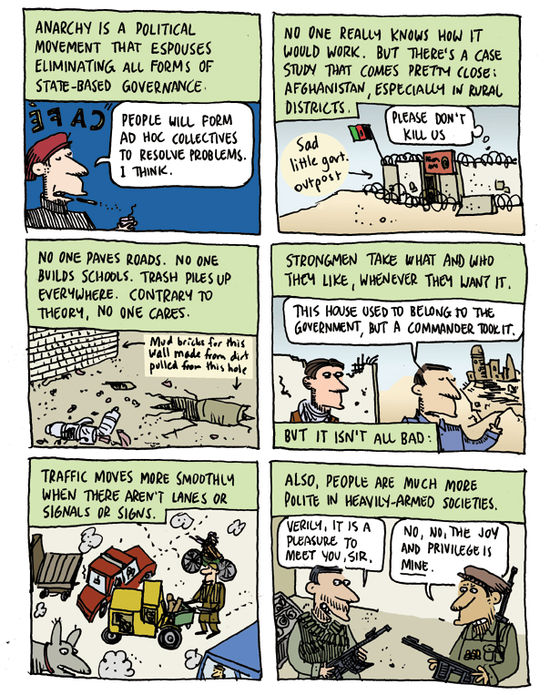I’ll be honest. Cultural appropriation and #BlackLivesMatter are two issues that, taken separately, I couldn’t care less about, or I at least can’t be bothered to debate on. Both are issues that have nothing to do with me.
But a video crossed my feed that raised my eyebrows, as it was an interesting intersection of the two, and quite honestly, it marks the prime reason I got out of politics. It was this latest video of a “harsh arrest” at the Ferguson protests (action starts around 0:32):
Now, let’s review. It starts as an ordinary civil disobedience. The cops uneventfully usher the kids off the freeway. But a white kid breaks loose and runs around, provoking the cops. By not following the cops’ orders, they now have to use force. He gets body-slammed.
And the video gets passed around the internet as an example of police brutality.
I’m sorry, but exactly what is #BlackLivesMatter about here? Is it about how you want cops to be nice to you when you provoke them? Because I’ve seen quite a few videos trying to show police brutality, and they generally start with some kind of obvious provocation.
Because I can tell you, no. No it is not.
#BlackLivesMatter , at least if it’s an issue that is anything serious, is about how black people face a different standard for cops than other people do. I mean, if this is what it’s about, good luck. But I think I’ve seen enough statements from well-spoken people like Kareem Abdul Jabbar that it’s about the racial divide. Dave Chappelle also explains it really well.
And this is where cultural appropriation takes place. You’ve got white kids running around acting out their anarchist fantasies and trying to speak for others. You’ve got media channels picking up on these kinds of provocations like that’s what it’s about.
Well, is it?
I’ve written about this issue before in my gut review of 99 Homes.
Like I said, in the end I don’t really care about either of these issues. So I’m not interested in a debate. I just want to point out how this #BlackLivesMatter issue is going to be framed. If it’s to be an issue where some people get treated much more roughly than others based on the color of their skin, great. That’s an issue people could get behind.
But if this is an issue about wanting the cops to be nice to you when you provoke them? Most of us, myself (and Chappelle) included, like the cops. We think they fulfill a necessary function. And if they get a pass, it’s because we know how rough a job they have dealing with punks like you. In the end, people will take that video and enjoy watching you get bodyslammed on repeat.
And then it’s not just the pigs who are your enemy, but all mainstream society, blacks included. So good luck with that, I’ll go get the popcorn.



